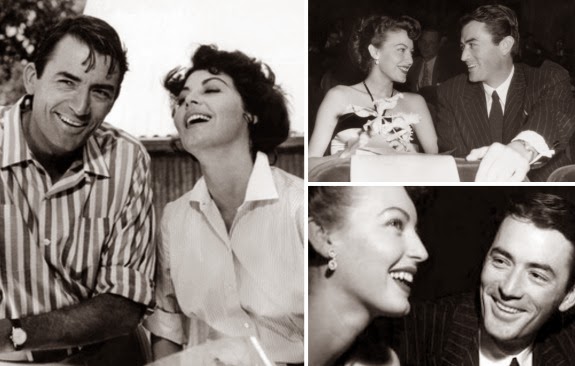Tennessee Williams' Pulitzer Prize-winning play A Streetcar named Desire (1947) ran on Broadway from 3 December 1947 through 17 December 1949. Directed by Elia Kazan, the original Broadway cast featured Marlon Brando, Jessica Tandy, Kim Hunter and Karl Malden. 24-year old newcomer Marlon Brando became a star playing the role of Stanley Kowalski, a role he would reprise in Kazan's 1951 film adaptation. Jessica Tandy (mostly known for her role as Rod Taylor's overbearing mother in The Birds (1963) and her Oscar-winning performance in Driving Miss Daisy (1989)) won a Tony Award for her role as Blanche Du Bois, but would be replaced with Vivien Leigh in the film version.
During the long stage run, Marlon Brando and Jessica Tandy didn't get along. Tandy, who was 15 years older than Brando, was a classically trained actress and hated Brando's unpredictable, erratic way of acting, not to mention his mumbling on stage. Furthermore, she thought Brando was irresponsible and undisciplined.
On 30 January 1948, after the play had run for two months, Tandy wrote a long letter to Brando, mainly criticising his speech and work ethic. Below you'll find part of her fascinating letter (due to copyright reasons, I will not reproduce the whole letter).
Transcript:
I have wanted to talk to you about things that actually don't concern me at all but that I feel very strongly about. I hope you won't take offense and I would like, first of all, to let you know that the only reason I feel concerned is that I like you tremendously and would like your life and career to go as well as possible. So, please understand and let me indulge myself in meddling in your affairs.
The reason I was a little cold with you when you came to apologize was not because you had been late for rehearsal --this can happen to anyone-- but because on each occasion you hadn't assumed the responsibility for getting to rehearsal yourself: the first time you relied on Western Union; and the second time on Mr. Lewis. This kind of casualness is bound to hurt you eventually and earn you a reputation for irresponsibility which I don't think managers or directors will tolerate, despite your unusual abilities.
If I have anything of particular significance to say to you, it concerns these abilities, this talent you were born with and which can mean a great deal to you and the theatre--but only if you are prepared to enhance it, to work with it, to take the trouble to control it. If you won't learn to do these things, it will go down the drain. I believe you have it in your power to be a first-rate actor and more than that, to be a great influence in the theatre. This can never happen if you are just going to be an actor who has to wait to be given parts by managements. In ten years' time, if you wish, you should be able to decide what you want to do, set about arranging the production, engaging the actors and being responsible-- in the manner of Olivier; but how is this to be possible if you are unable to learn discipline and responsibility?
-As mentioned above, Jessica Tandy was annoyed by Brando's manner of speaking, which is illustrated by the following excerpt:
Transcript:
Do you have a stammer? Or is it just something that happens to you on stage? I wish you would try to cure it. Believe me, it matters a great deal for it will narrow the range of the characters which you can play to ones that have the same characteristics as Marlon Brando and after a few years, you will be just repeating yourself instead of enriching your experience.
Thanks to the Library of Congress for providing the scans.


.jpg)




.jpg)














.jpg)
.jpg)




